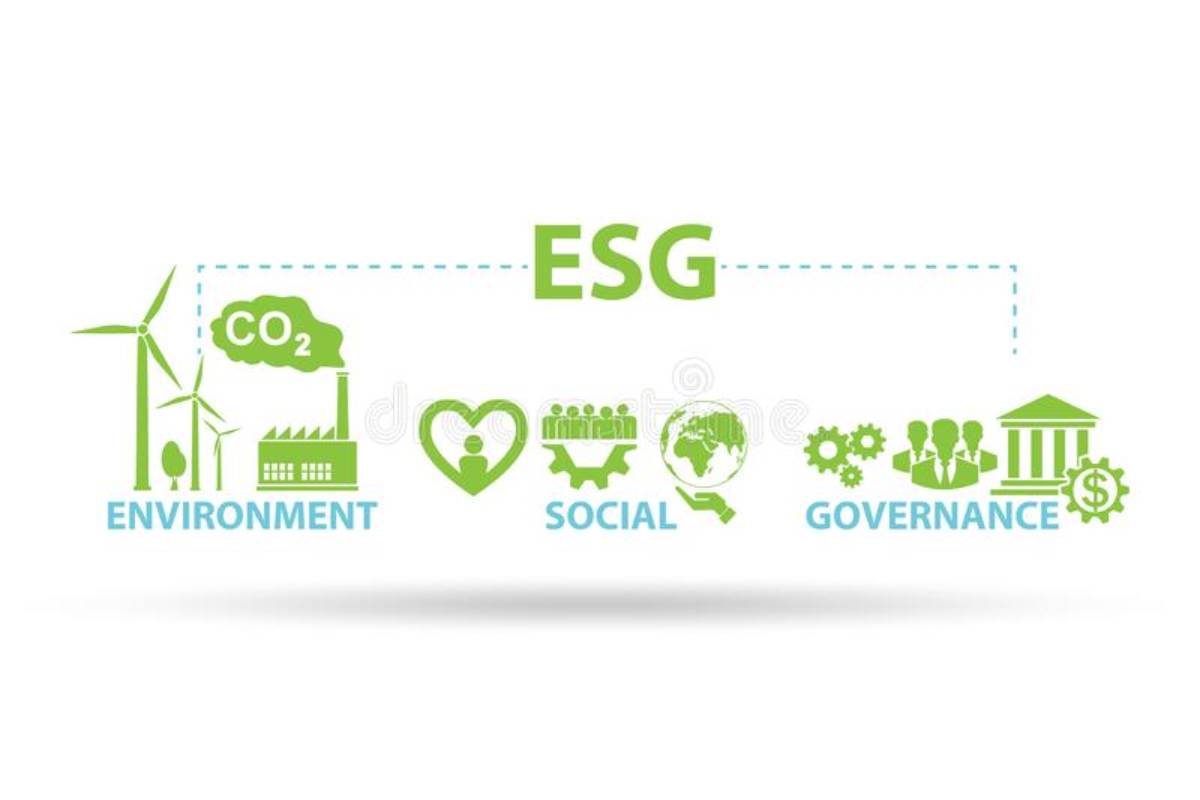A Deeper Look at the “Social” Aspect in ESG Sustainability Reporting for Modern Business

Investors and other stakeholders have an uphill task of determining which company to be associated with, perhaps to invest in or buy its products. However, regular financial statements do not provide the full picture. For example, a company might have an impressive balance sheet, but the products on sale are made using child labor or environmentally harmful practices. To get more comprehensive insights, stakeholders are now checking for environmental, social, and governance (ESG sustainability) evaluations.
Although a relatively new concept, ESG sustainability reporting comes with unique benefits, which have made governments and other regulatory authorities consider making it mandatory. For example, the Hong Kong Stock Exchange (HKEX) introduced new guidelines for listed companies to start producing accurate and verifiable ESG reports every year. The EU has also passed the Taxonomy regulation that helps to classify actions by companies to determine if they are sustainable. The UK, New Zealand, and other countries are also following the same path and have indicated the intention to make ESG sustainability reporting mandatory.
So, if you are getting started in the journey of ESG sustainability reporting, it is prudent to understand it well. In this post, we take a closer look at the “S” or social aspect in ESG sustainability reporting.
Table of Contents
What is ESG Reporting?
This is the disclosure of a company’s impacts and risks in three areas: environmental, social, and governance. The whole idea behind ESG reporting is to ensure that companies are able to evaluate their processes and provide stakeholders with reports on their sustainability-related efforts. Investors will be able to compare the information on production, finances, and impacts on the environment for different companies and make the decision about the firm to trust with their resources. Most of them want to commit funds to companies that are delivering high returns and also helping to make the planet a better place for all.
At this point, you also need to appreciate that ESG sustainability reporting comes with benefits that go beyond creating regular reports. More companies are now reporting their ESG impacts and risks because it allows them to self-evaluate, identify, and clear bottle-necks that hinder growth. For example, ESG reporting can help you get closer to stakeholders, cut operating costs, and enhance compliance.
The Social Criteria in ESG Reporting Demystified
The focus on the social aspect of sustainability can be traced back to the first UN Conference on Environment and Development (UNCED). During the meeting, member states indicated that it was wrong to look at the environment separately from development. They insisted that company performance and social aspects must also be part of the business to be considered sustainable.
The social criterion in ESG is aimed at determining the social interactions that a company has with different parties, from staff to communities in the neighborhood. So, how exactly does your company handle social issues? Here are some of the main areas of interest that you need to consider:
- The relationships that you have with customers, staff, and suppliers when looked at from a quantitative lens.
- Human rights and community relations. Considerations to do with human rights and community relations should be looked at from the entire supply chain.
- Workplace health and staff safety are also crucial components of the social criterion in ESG reporting. The focus is to ensure that your company is following all the set safety standards and employees can work in a safe, secure, and healthy environment all the time.
These are only a few of the things to factor in when handling the social criterion in ESG sustainability reporting. Remember that you cannot single out the social part and leave the rest. In addition, the strategy you adopt should factor environmental and governance criteria too. This means that all the metrics involved and their interactions can be pretty complex. This is why you should work with appropriate ESG sustainability reporting software and framework. Visit Diginex.com for all your ESG sustainability needs, including the leading reporting applications.

